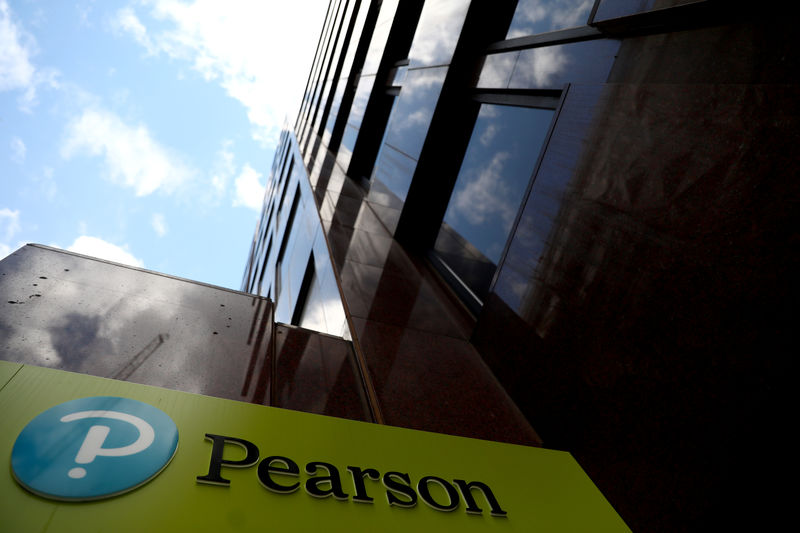Oracle stock falls after report reveals thin margins in AI cloud business
Investing.com -- Pearson ’s (LON:PSON) shares rose more than 3% on Friday following the announcement of a £350 million share buyback program and an in-line 2025 outlook.
The buyback program, representing roughly 4% of Pearson’s market capitalization, is expected to commence as soon as practicable.
Analysts at Morgan Stanley (NYSE:MS) noted that the move is likely to be received positively by investors, reinforcing confidence in the company’s cash generation and capital allocation strategy.
The education company’s guidance for 2025 was broadly in line with market expectations, projecting a 4.4% year-over-year revenue increase and adjusted EBIT of £656 million.
The company also reported strong free cash flow conversion of 117% (£490 million) and announced a 6% increase in its dividend. Segment-level projections indicated steady growth, with assessment revenue expected to rise in the low-to-mid single digits and higher education revenue anticipated to outperform 2024 figures.
Meanwhile, English language learning growth is set to moderate, with a decline in the first quarter due to a tough prior-year comparison. Workforce skills are forecasted to grow at a high-single-digit rate, with improvement expected over the course of the year.
To boost its corporate learning solutions, the company has forged a new alliance with Amazon (NASDAQ:AMZN) Web Services (AWS). This partnership, building on its recent collaboration with Microsoft (NASDAQ:MSFT), aims to expand its market reach within the enterprise sector.
Morgan Stanley analysts maintained an “equal-weight” rating on Pearson’s stock, valuing the company at £13 per share based on a discounted cash flow and price-to-earnings multiple analysis.
They noted that while Pearson continues to benefit from growth in emerging business segments such as Pearson+ and workforce solutions, potential risks remain, including pressures on margins in the core assessments and higher education segments and the potential impact of generative AI on courseware consumption.
